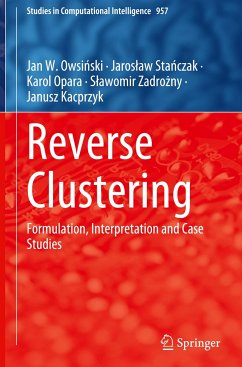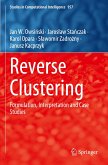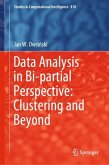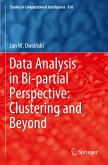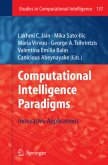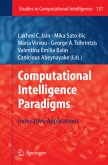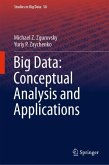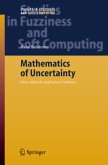This book presents a new perspective on and a new approach to a wide spectrum of situations, related to data analysis, actually, a kind of a new paradigm. Namely, for a given data set and its partition, whose origins may be of any kind, the authors try to reconstruct this partition on the basis of the data set given, using very broadly conceived clustering procedure. The main advantages of this new paradigm concern the substantive aspects of the particular cases considered, mainly in view of the variety of interpretations, which can be assumed in the framework of the paradigm. Due to the novel problem formulation and the flexibility in the interpretations of this problem and its components, the domains, which are encompassed (or at least affected) by the potential use of the paradigm, include cluster analysis, classification, outlier detection, feature selection, and even factor analysis as well as geometry of the data set. The book is useful for all those who look for new, nonconventional approaches to their data analysis problems.
"This brief volume is a concise introduction to a research program that the authors have been conducting into bridging these approaches. ... The volume and the method it advocates deserves wide attention by data analysts in domains with a tradition of informal or expert-based classifications." (H. Van Dyke Parunak, Computing Reviews, May 25, 2022)

